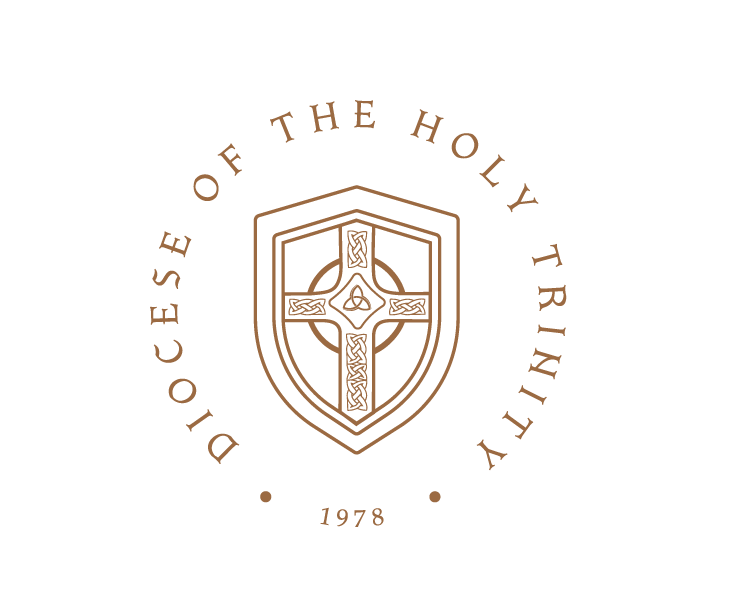Missionary Finances
Money is a lively topic in church. The preacher may not get much response when talking about the nature and significance of the Holy Trinity or the Hypostatic Union. However, mention of tithing and reminders that “where your treasure is there will you heart be also” (Matthew 6:21) always get a reaction.There are important financial issues beyond the call to be stewards; most significantly, how should a church spend its money? In thirty two years of ministry I have observed a general tendency among Anglican congregations: There is often more enthusiasm for spending money on buildings than there is for funding the day to day operations of the church. That is to say, buildings are often valued over people. Nobody says that in so many words, but the attitude is subtly present.I remember many years ago how a mentor and friend of mine was a little on edge after his annual meeting. A parishioner had made vocal comments about the “overhead” expenses of the church—and the church’s main expense was him. Now, starting with an in-home Bible study of perhaps fifteen people, this man had built the church into a growing and vibrant congregation with several hundred members. They had bought property and built a church, but no one had objected to the cost of the church. I suspect my friend overreacted to the criticism. His people loved and appreciated him and the annual meeting comment was not representative, but it serves to highlight a wrong notion about money in church.Mission depends upon people. Jesus sent people (apostles) out to make disciples. In the initial evangelical work of the church there was no such thing as a church building or a building project. The church was understood to be the Body of Christ in a given place. It usually met in someone’s home. The money the church raised supported the people doing the work of the church, just as the tithes in the Old Testament temple supported the Old Testament priesthood.Mission work among traditional Anglicans has often started with the idea that the goal is to build a church. Some have the “Field of Dreams” idea: “If you build it they will come.” This has never been a successful missionary strategy. A vibrant church cannot be built by focusing on the structure first. The missionary goal is to build up the church, the Body of Christ. When the Body of Christ is built up in a given area, the natural consequence is that the congregation is eventually able to buy or build a facility to meet in; the building is the fruit of the ministry. When a church starts with a building, the building is usually empty—until a missionary priest is hired to build up the church in that place.The missionary point is that a church’s money is best invested in people. To be sure, the investment must be made in the right people—people with missionary gifts and a zeal for mission. It is possible for a church to hire a priest who lacks the missionary gift, just like a company can hire the wrong person for a job. Nonetheless, the answer for both the church and the company is to find the right person instead. Mission will always come back to people being sent out to do mission.Valuing people is not only about money, but the money question can’t be avoided. A church that expects its main missionaries to live on minimum wage will not likely attract very competent missionaries. A church that expects its priest to support himself will not expand its mission past a certain point. Churches that value and reward their people attract more competent people and have more fruitful ministries, just as companies that value their employees get better employees and are more successful.This leads to a counterintuitive challenge for a church that has extra money in the bank. What should a church do with that money? The natural impulse is to save it or spend it on property. However, if a church is interested in mission the best investment will be to hire a gifted and effective person to do mission. Unfortunately, churches often view money in the bank as a retirement account to be saved and grown, presumably so that the leaders can appear before Jesus with a bank statement showing how much treasure they have laid up on earth. The result is missed opportunities for mission.Now, a church should be financially prudent. A church should have a financial cushion for operating expenses so that it can endure seasonal variations in giving. But, it is harmful for a church to idolize money or view it as anything more than a means to the end of fulfilling its mission. Wrong attitudes toward money undermine mission. For example, churches that run their operations on an endowment tend to become stagnant and ingrown; the members never take ownership of the ministry because they have no investment in it. It would be best to use the proceeds of the endowment to fund new mission work and run the current operations of the church on the current tithes of the membership.The way a church looks at its money will depend upon how it looks at its ministry. If a church’s goal is to maintain its current ministry and structure, it will tend to view its money as something to preserve and save. It will be like a retirement account that ensures the ability to perpetuate the current standard of living. If a church’s goal is to expand its ministry—if the church sees itself as having a mission to go and make disciples—it will tend to view its money as venture capital, to be invested in things that will yield the highest missionary return. In the first instance, the best investment will always be in people.

